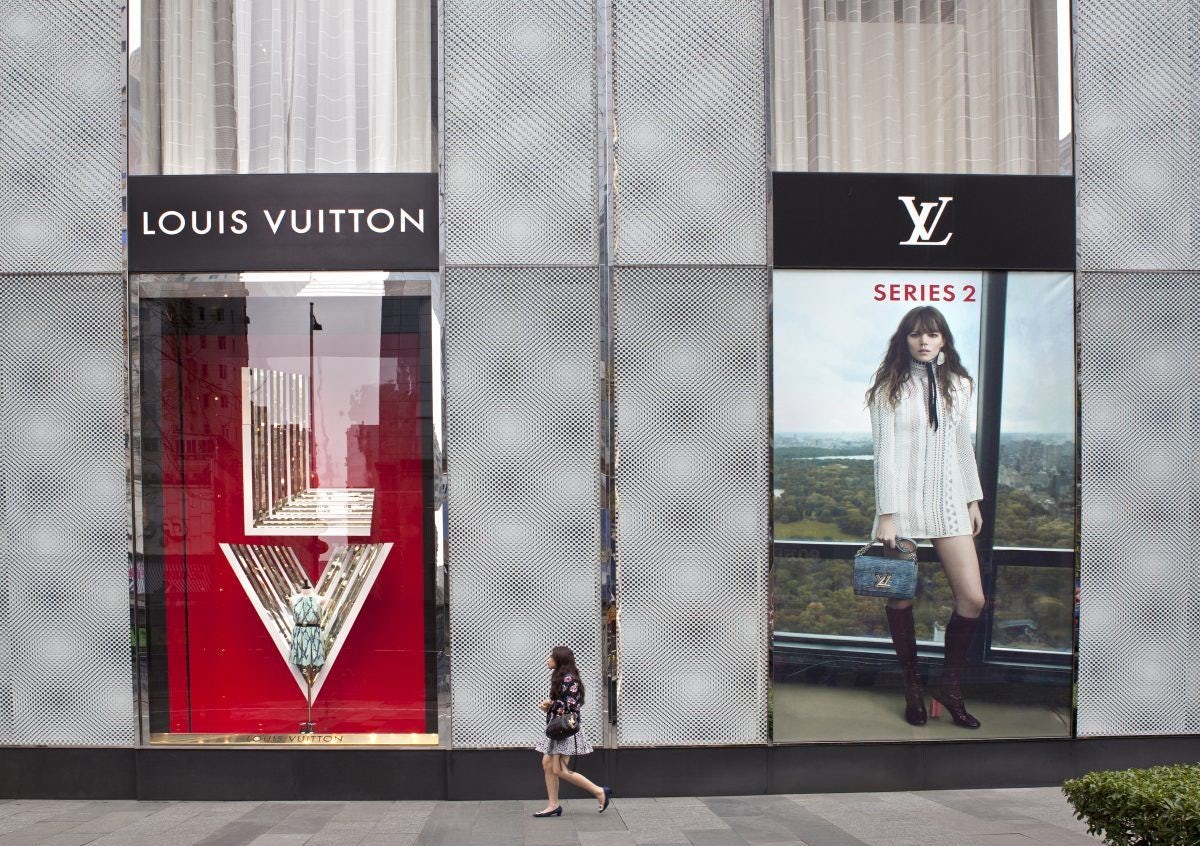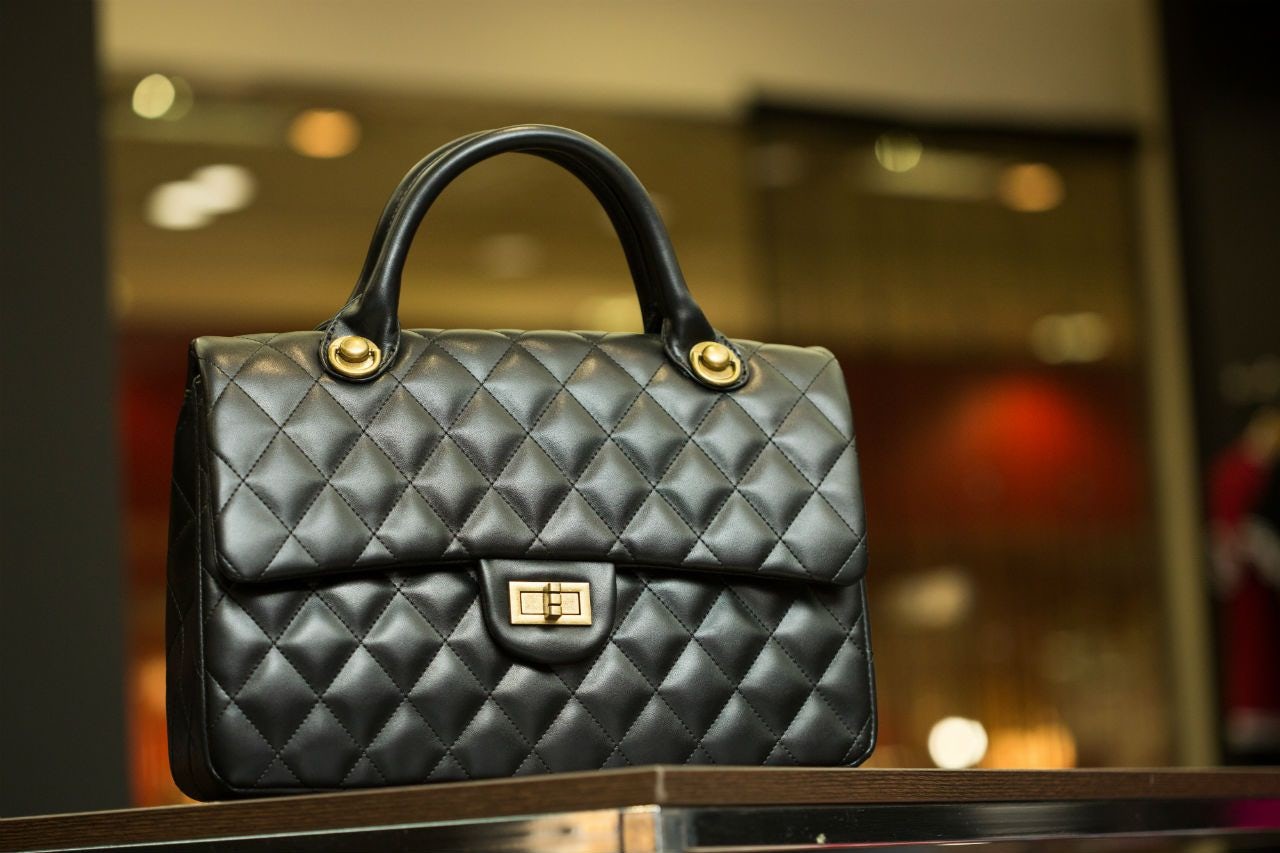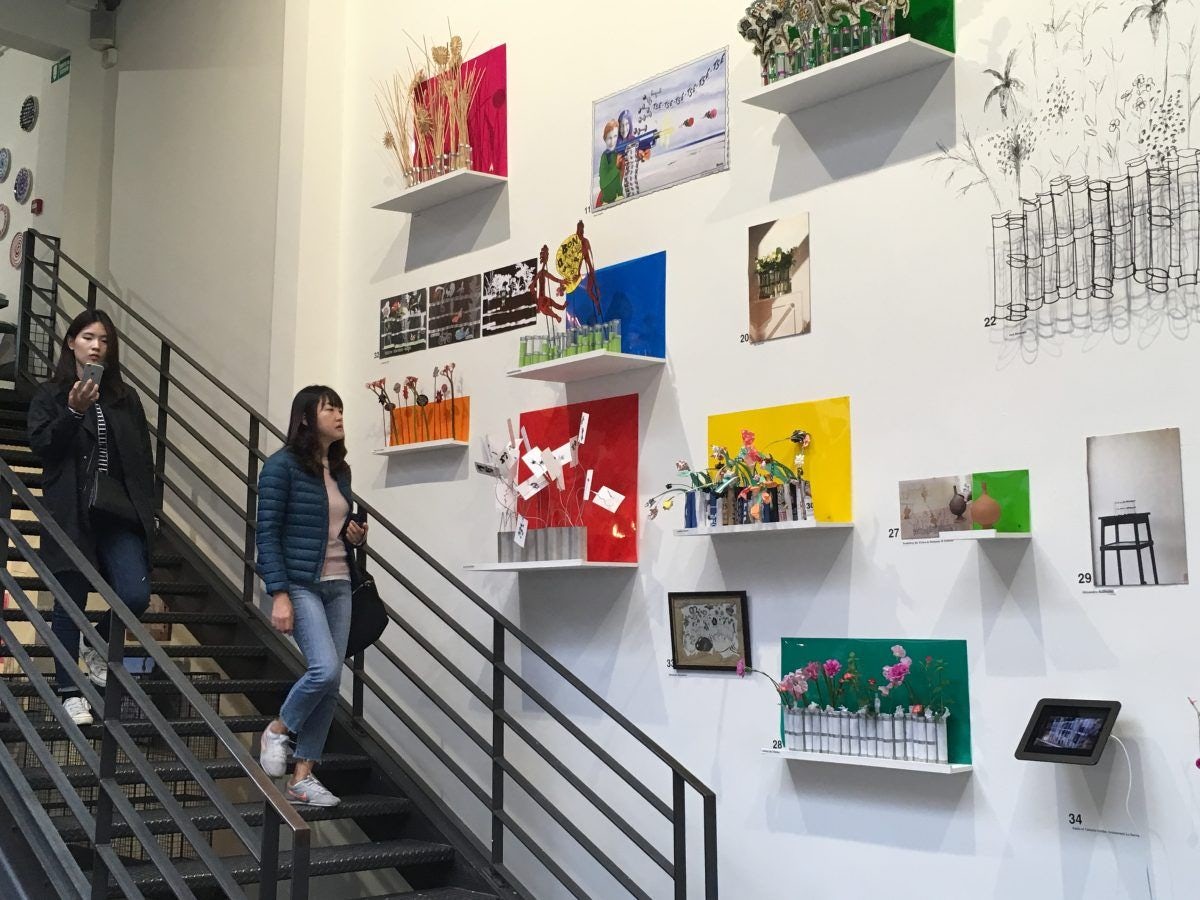As generations evolve, so too do their markers of luxury. Price points, heritage and access barriers that once defined luxury along a clear spectrum have given way to something more multi-dimensional for Chinese millennial consumers. Whether post-80s, post-90s or even post-95s, this powerful demographic is redefining what affluent consumerism means, and just as they seek more latitude in their personal identities, they are also expanding the definition of new luxury.
Much like their western counterparts, Chinese millennials are supporting a much more fragmented luxury ecosystem than ever before, creating room for new brands that don’t fit the typical narrative. Brands like Thom Browne, A Bathing Ape, Sandro and Vêtements are capturing affluent dollars that may have otherwise been spent on traditional names like Chanel and Louis Vuitton.
Unlike their western equivalents, however, Chinese millennials have created a value system of human intangibles that speak to their own unique needs and experiences. It’s those nuanced intangibles that underlie the emergence of new luxury today—a new luxury that creates connection on multiple levels.
Mining the value of today#
There’s a growing need for self-actualization among affluent Chinese millennials, evidence of which is popping up across the luxury sector. From travel to apparel and business, realizing one’s potential in the here-and-now is becoming more and more important.
This is the first generation to widely accept short-term debt in exchange for instant gratification, placing less emphasis on long-term financial planning than their parents did. A combination of relaxed policy and easy lending options, along with near-ubiquitous mobile purchasing power, is only feeding into a larger mentality where the perceived value of tomorrow is shifting to the immediate value of today.
Upticks in custom ‘off the beaten path’ travel, heavily tribal brand experiences and the growing transformation economy show how this mental shift is creating a new norm in luxury behavior. These are experiences that force a present mindset that indulges in today - an indulgence that goes beyond merely showing off one’s wealth or seeking immediate gratification.
For Chinese millennials that have felt heavy pressure to invest in tomorrow or reflect on yesterday, today is a space they have reclaimed as their own. Having grown up in a time of tremendous cultural and economic change, connection to the here-and-now provides a sense of safety, freedom and meaning where the rewards are tangible.
Freedom to move between spaces#
Mining the value of today points to something even deeper for Chinese consumers.
Yes, they embrace the historic social and cultural systems they were raised in, but at the same time, they eagerly move toward a more global vision of the future. These are consumers who both honor their heritage (with a special connection to parents and grandparents that doted on them as golden children) and simultaneously find it important to act as global citizens.
Reconciling the past with the future is in some ways a new interpretation of luxury for many Chinese millennials. In an emotional economy where purchases are less about the product and more about how those products make one feel, it’s no wonder that these same affluent consumers look for brands that can help them not only focus on today, but allow them to move between yesterday and tomorrow without friction.
It’s why those same consumers who seek “off the beaten path” travel experiences often turn their trips into multi-generational excursions. It’s part of the reason why nostalgia marketing is having a moment, and why a brand like Nike can smartly adapt it’s Just Do It message to bridge a millennial’s past to their future. And perhaps even more telling, it’s why an established brand like Victoria’s Secret’s can seem tone deaf when it sends models wearing dragon-themed get-ups down the runway.
Today’s new luxury brands help reconcile the tension many young Chinese feel when moving between these spaces. It’s not about preaching a new ideal (a thin line that a brand like SK-II carefully straddles), but rather freeing millennials to connect with both the past and future... without breaking ties to either.
Finding a higher value system#
The freedom to move between spaces takes a literal shift with travel. Experiential, custom and adventure travel is becoming core to the luxury experience for China’s wealthy millennials, and it signals a special perspective that is starting to emerge.
These travelers are better English speakers, becoming more sophisticated in their tastes (increasingly seeking out better quality and more innovative brands), and educating themselves in the constructs of luxury on a global level. Travel, for Chinese millennials, means empowerment.
But with that empowerment comes the very unique luxury of being able to see oneself outside of typical cultural constructs. Millennials who may feel limited when seeing themselves through the eyes of their parents, grandparents and community peers, feel a unique freedom when seeing themselves through the eyes of the global community instead.
Travel creates a connection to something bigger than culture or expectation. It is a connection to the world that in many ways supersedes all else. It is the new luxury of being able to create one’s own value system.
Searching for a higher framework - one with perhaps more latitude and room for exploration - is one of the highest life changing elements of value for Chinese millennials. In luxury, it is the stepping stone to self-actualization.
The luxury of connection#
As fragmented and diverse as Chinese millennials may be, this group shares one thing in common - the perceived luxury of connection.
It poses a huge shift from traditional luxury norms that pervaded even a decade ago. As consumers become more educated and empowered, luxury brands must consider whether the old model of authority will continue in the long term.
The post-80’s, 90’s and 95’s don’t wholeheartedly accept the notion of compromise. It’s clear they believe in living multi-dimensional lives, embodying multiple mindsets, beliefs and connections. This is their new luxury.
Jasmine Bina is president of Concept Bureau in Los Angeles, CA. Reach her at jasmine@theconceptbureau.com.




